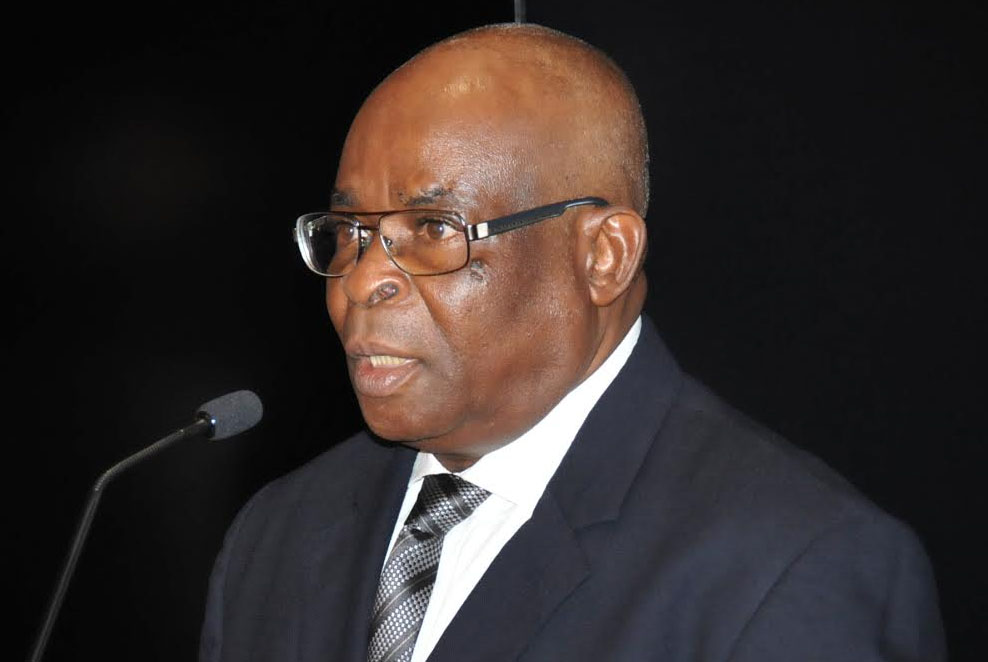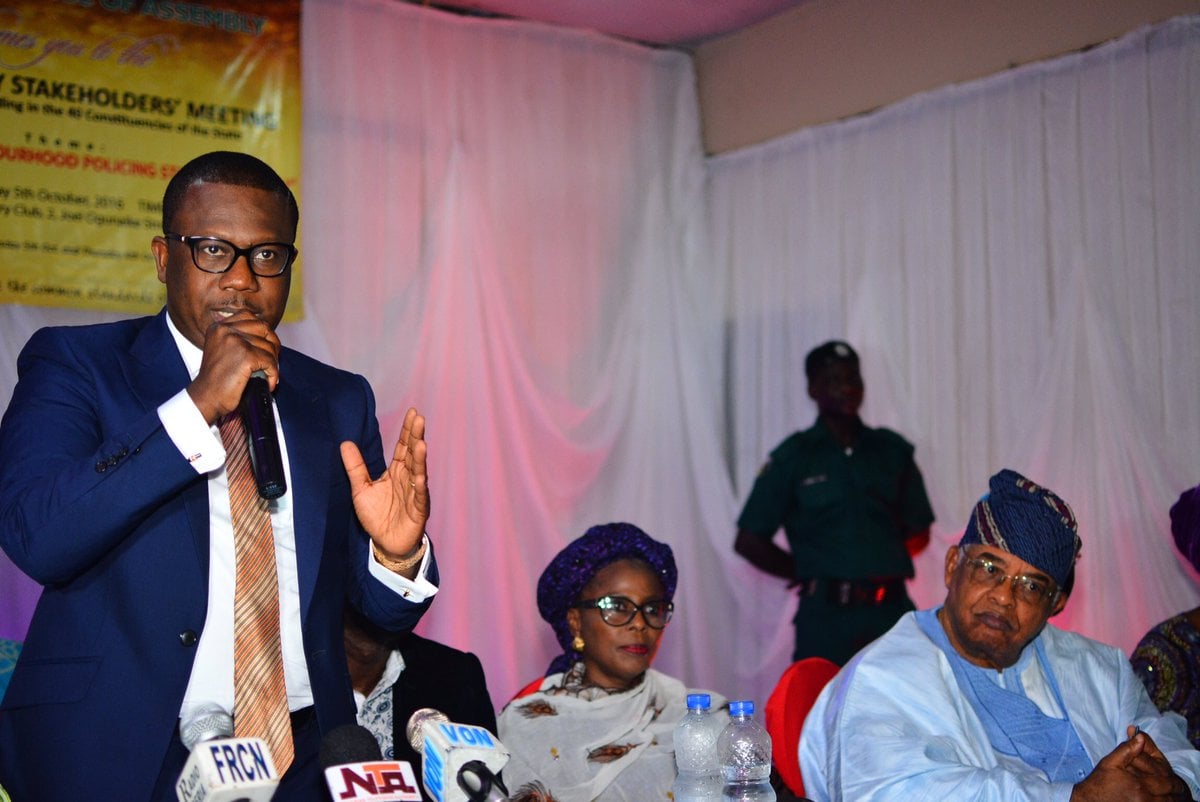On October 13, the National Judicial Council (NJC) sent the name of Walter Onnoghen to President Muhammadu Buhari as replacement for Mohammed Mahmmud, who was then the outgoing chief justice of Nigeria.
This was in exercise of NJC’s powers under section 231 (1) of the 1999 Constitution (as amended).
On November 10, when Mahmmud clocked the mandatory retirement age of 70, Buhari swore in Onnoghen in acting capacity.
Onnoghen became the first individual from the south to occupy that office in 30 years. Ayo Irikefe was the chief justice of Nigeria between 1985 and 1987, and he was succeeded by Mohammed Bello.
Advertisement
However, the delay in transmitting the name of Onnoghen to the senate for confirmation has sparked controversy, with some saying it is a plot to deny a southern the position.
Ayo Fayose, governor of Ekiti state and fierce critic of this administration, was the one who first raised the alarm.
Onnoghen had not spent 72 hours in office when Fayose alleged that a “cabal in Aso Rock” was plotting to hold him by the jugular.
Advertisement
The criticism poured in from all over, making Onnoghen to caution Nigerians against threatening the president over his appointment.
Nonetheless, the acting CJN thanked the people for the support. He only made it clear that it was the prerogative of Buhari to act.
Onnoghen’s tenure in acting capacity will end in four days, and Buhari is on an indefinite leave. Already, this is stoking tension. There could be a vacuum in the judiciary. Should Acting President Yemi Osinbajo, who is now in charge, transmit Onnoghen’s name to the senate and put this matter to rest, once and for all?
After all, it was Osinbajo who forwarded the name of Ibrahim Magu, acting chairman of the Economic and Financial Crimes Coimmission (EFCC) to the parliament? Won’t doing so work against him – that’s if those pushing the theory that Buhari doesn’t want Onnoghen are correct? Should Onnoghen be allowed to leave in four days?What are your thoughts?
Advertisement
Add a comment







